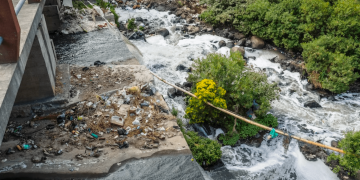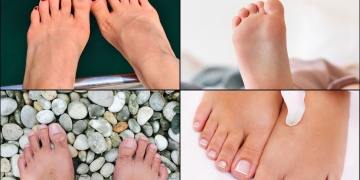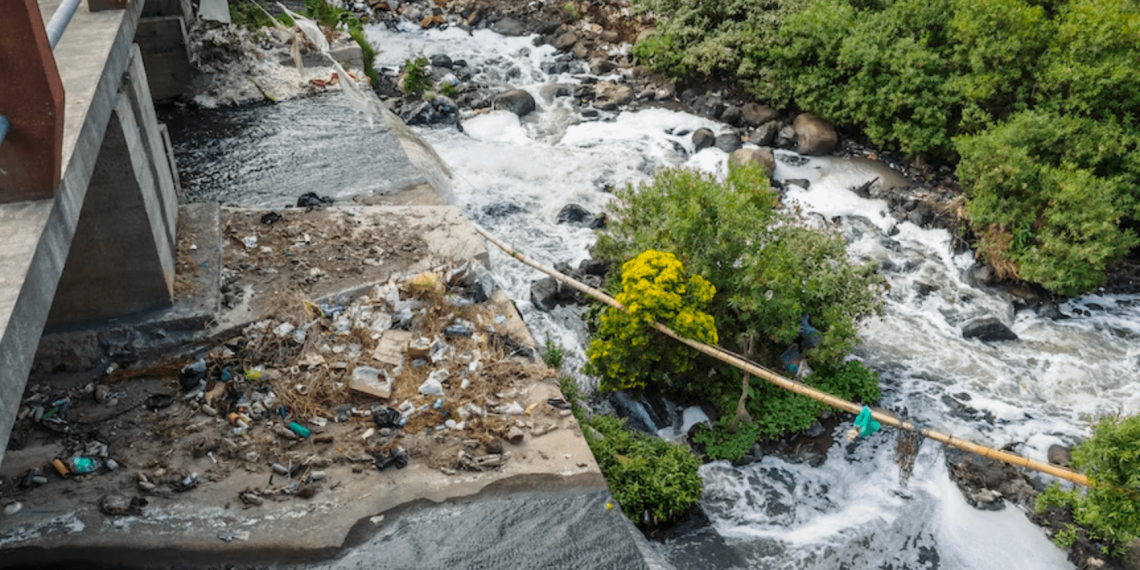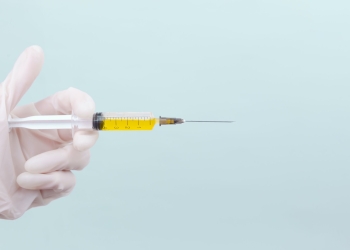The toxic waters of Camp Lejeune have been unkind to many. Other than having a poor quality of life, the veterans and their family members faced several ailments due to the contaminated water.
Many individuals who stayed at the U.S. Marine Corps Base in Jacksonville, North Carolina, between 1953 and 1987 have reported health hazards from NHL (Non-Hodgkin’s lymphoma) to bladder cancer. Today, more diseases are being added to the list. One of the chronic ailments that stands out as an after-effect of getting exposed to Camp Lejeune’s toxic water supply is esophageal cancer.
In this article, we will establish the connection between Camp Lejeune’s contaminated waters and esophageal cancer. We will also discuss how to file a legal claim for the same.
The Link Between Camp Lejeune & Esophageal Cancer
A review of Camp Lejeune’s past will reveal the ongoing health hazards stemming from prolonged exposure to toxic water.
Recent medical explorations have revealed that many Camp Lejeune veterans suffered from esophageal cancer due to the hazardous agents present in polluted waters. Emphasizing the gravity of this condition, the VA underscored probable risks witnessed by the veterans and others.
According to the CDC, the poisonous chemicals present in the water included:
- Vinyl chloride
- Trichloroethylene (TCE)
- Benzene
- Dichloroethylene (DCE)
- Trans-1
- Perchloroethylene (PCE)
The extent of the disaster in this region was recognized universally by 1985. That halted the use of the polluted wells in Camp Lejeune. Since a dry-cleaning business was stationed outside the base’s border, the water was contaminated.
Through unmanaged waste disposal, harmful chemicals infiltrated the water supply of the base, which affected the lives of countless veterans, causing diseases like esophageal cancer.
Esophageal Cancer & Its Symptoms
Esophageal cancer targets the inner lining of the esophagus and can progress outward. Based on the origin of cells, this cancer can differ in type. The predominant forms include esophageal adenocarcinoma and esophageal squamous cell carcinoma.
The symptoms include:
- Hoarseness and coughing
- Finding it trouble to swallow food
- Heartburn or acute indigestion
- Unexplainable and sudden weight loss
- Constant choking while eating
- Fatigue
- Chest pain, discomfort, and burning
Ingesting harmful chemicals increases the chances of developing esophageal cancer. Once affected, the Camp Lejeune veterans can seek VA benefits to address their health challenges. They can also file a lawsuit to obtain Camp Lejeune compensation to recover the damages incurred.
What Does Research Say?
Studies investigating Camp Lejeune started with the ATSDR (Agency for Toxic Substances and Disease Registry), a branch of the CDC. The agency has been consistently studying the Camp Lejeune polluted waters since 1991.
The ATSDR discovered that the high concentration of chlorinated solvents present in the water led to esophageal cancer in Camp Lejeune residents.
Two other reports that prove this fact are:
- The NRC Report
The National Research Council (NRC) report named ‘Contaminated Water Supplies at Camp Lejeune: Assessing Potential Health Effects’ shares insightful data. It was one of the initial examinations of health outcomes of the contaminated water. The report asserted that any exposure to the toxic waters of Camp Lejeune increases the chances of esophageal cancer to a great extent.
- VA Clinical Guidance
A special committee of scientific and medical experts was assembled by the Veterans Administration. The committee was set up to evaluate the applicable proof and advise the VA with clinical insights about the ailments connected with Camp Lejeune water contamination. Every claim had to be supported with concrete evidence.
The committee had published an official ‘VA Clinical Guidance’ for all health conditions, stemming from Camp Lejeune water contamination. It highlighted eight health hazards presumptively linked with the toxic waters, with esophageal cancer being one of them.
Filing a Lawsuit to Claim Damages
Earlier, Camp Lejeune victims weren’t allowed to bring civil litigations and attain compensation. But with the Camp Lejeune Justice Act, victims have a two-year window to file a legal complaint and sue the government for the injuries caused by the toxic waters.
The compensation for esophageal cancer cases under the act can vary between $200,000 and $600,000. It is the projected average settlement amount. There can be cases where the jury payouts and settlements are lower and higher than this amount.
TorHoerman Law suggests victims to connect and work with a lawyer with relevant experience to file a Camp Lejeune lawsuit and get the compensation they deserve. They must preserve all medical evidence, proof of residence, and work-related documents and share them with their lawyer to build a sound legal case.
Conclusion
People affected by the toxic waters of Camp Lejeune are suffering from chronic ailments and are hoping that their claim will be settled. Even though there are delays in legal settlement, it shouldn’t deter the veterans affected by the polluted waters to file a lawsuit for esophageal cancer.
Camp Lejeune veterans should know the symptoms of esophageal cancer and take medical help to heal from it. Once medically proven that the toxic water caused cancer, taking legal aid is essential. It will get them the required compensation and also raise awareness of the diseases that the polluted water in Camp Lejeune can cause.




































